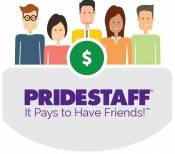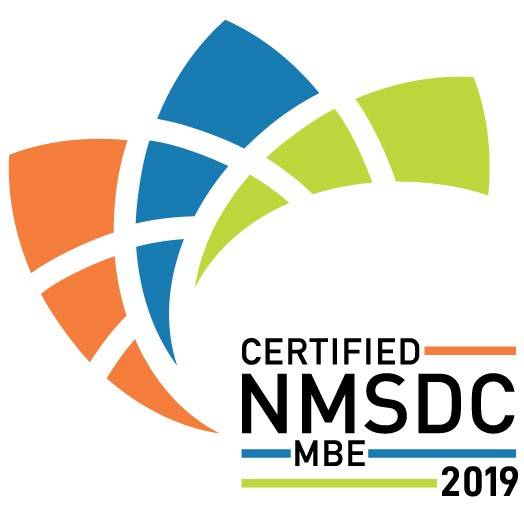Searching for a new job is a major life change. Top talent has their choice of employers, so they’re naturally drawn toward companies with a personalized recruitment process.
Instead of taking a one-size-fits-all approach to filling every position, this type of staffing provides a much-needed human touch. Among the many benefits it offers, includes helping increase employee satisfaction levels, boosting retention rates and creating a positive reputation for your company.
If your recruiting process feels sterile, it’s time to make a change. Here’s a look at four personalized recruitment strategies to consider implementing at your company.
Detailed Job Description
A job description is essentially a candidate’s introduction to the position at hand — and quite possibly your company. If it reads cold and vague, they’ll quickly move on to the next.
Therefore, it’s important to provide as much detail as possible about the position, the type of candidates you want to hire and your company. This includes — but isn’t limited to — key responsibilities associated with the job, candidate must-have’s and details about your work environment.
Increased Communication
Candidates don’t like to be left in the dark. It’s important to keep them engaged by letting them know where they stand in the process. They also need to be assigned a point person they can reach out to with any questions, comments and concerns, who will promptly respond to any inquiries. This will make them feel valued and respected, whether or not they ultimately get the job.
Strong Employer Branding
You’re not just hiring anyone to work at any company — you want to find the best possible candidate for a job at your company. Therefore, it’s important to create a strong brand narrative that displays exactly who your company is and what it stands for.
Displaying consistency across all communications and messaging shows candidates you’re authentic. This will give them a sense of your company culture, and what to expect from their daily work life if hired.
Individual Onboarding
You won’t onboard candidates until they’ve been hired, but it’s still part of the recruiting process. No two people come to your company with the same background and experience, so providing the same onboarding process across the board doesn’t make sense. This approach can also feel robotic to candidates and make them feel unprepared to step into their new role. When new hires feel like this, they are more likely to quit, leaving you back at square one.
Personalize Your Recruitment Strategy
Ready to start making better hires? PrideStaff Las Vegas is here to help you create a recruitment strategy with a human-centric approach. Contact us today to get started!







